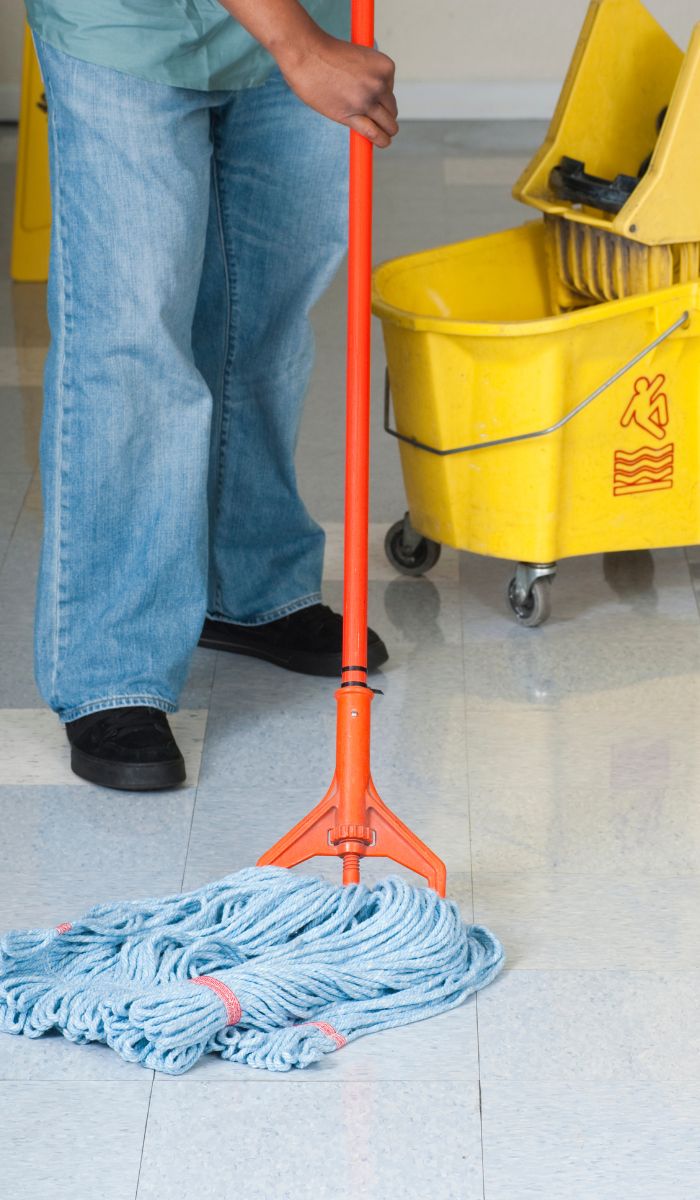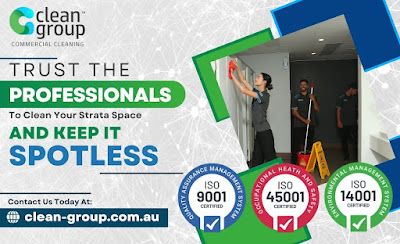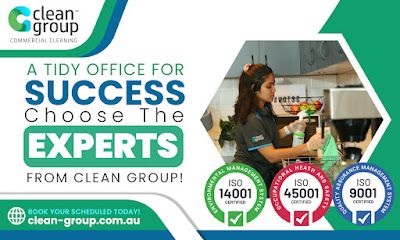
How Do These Organizations Contribute to the Commercial Cleaning Industry?
How Cleaning Services Boost Your Office's First Impressions
The importance of indoor air quality has become more prominent in recent years, especially as concerns about allergens, airborne pathogens, and overall employee wellness gain attention. Commercial cleaning companies are increasingly investing in HEPA-filtered vacuums, low-emission floor equipment, and air purification systems to enhance the overall environment of the spaces they maintain. These improvements not only reduce health risks but also contribute to higher employee satisfaction and reduced absenteeism in client organizations, making the cleaning service a strategic asset rather than a basic utility.
The development of new cleaning technologies is also contributing to the shift toward sustainability. For example, there are now advanced filtration systems in vacuum cleaners that capture more dust, allergens, and particulate matter, which not only improves air quality but also extends the life of surfaces and fabrics. Similarly, the growing popularity of steam cleaning, which uses only water to create steam for cleaning, is helping to eliminate the need for chemical cleaning agents. Clean Group provides comprehensive and professional Commercial Cleaning Sydney across Sydney, NSW. Our fully insured, trained, and security-verified cleaners ensure your workplace stays spotless and hygienic. Schedule a free onsite quote today—book online or call us at 02 9160 7469. Get your obligation-free commercial cleaning estimate for offices, buildings, and other business spaces in Sydney.. This approach is particularly valuable in homes and businesses where people are sensitive to chemicals or where there is a concern about environmental impact.


